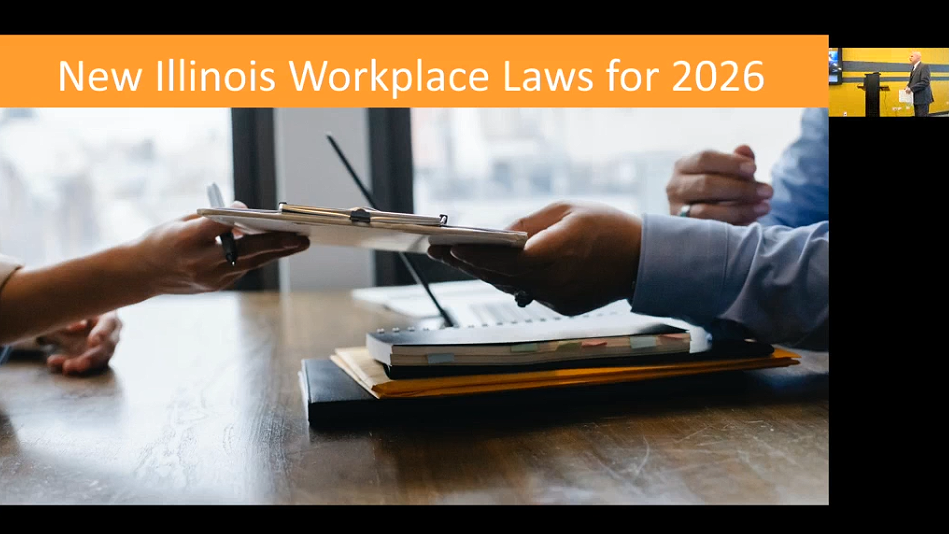New Illinois Child Support Law: Closing Loopholes on Voluntary Unemployment

The Illinois legislature has recently taken a significant step in closing a longstanding loophole in child support. This amendment represents a pivotal change in how courts assess and calculate child support obligations, providing greater protections against those who attempt to evade their financial responsibilities.
Previous Challenges in Child Support Enforcement
Historically, Illinois law lacked a clear statutory directive for handling cases where a parent deliberately chose not to work or earned significantly below their capacity to reduce child support obligations. Courts could consider voluntary unemployment or underemployment on a case-by-case basis, but there was no uniform rule requiring the imputation of income. This led to inconsistencies in how courts addressed parents who manipulated their employment status to avoid paying fair child support.
The lack of clear statutory language often resulted in protracted litigation, as custodial parents sought to prove that the other parent was intentionally earning less than they were capable of. The burden of proof on custodial parents was significant, and many payors were able to successfully argue that their lower income was legitimate, despite evidence suggesting otherwise. This loophole created financial hardships for children who depended on child support for their well-being.
New Statutory Provisions on Potential Income
The recent amendment to the Illinois child support statute introduces Section (3.2a) Unemployment or Underemployment, which explicitly empowers courts to calculate child support based on a parent’s potential income rather than just their reported earnings. The statute provides a structured approach to determine a parent's earning capacity by considering multiple factors, including but not limited to:
- The parent's assets and substantial non-income producing assets;
- Their residence and standard of living;
- Employment and earning history;
- Job skills and educational background;
- Literacy, age, and health;
- Criminal records and employment barriers;
- Record of seeking work;
- The availability of local jobs and prevailing earning levels.
Additionally, if a parent has insufficient work history to determine their probable earnings, courts will apply a rebuttable presumption that their potential income is 75% of the Federal Poverty Guidelines for a single-person household. This ensures that even in cases where past employment records are lacking, courts have a baseline for calculating child support.
Key Implications of the Amendment
With this new provision, Illinois courts now have statutory authority to address bad faith attempts to evade child support by remaining unemployed or underemployed. This amendment:
- Reduces Legal Ambiguity – Courts now have a clear mandate to assess potential income, leading to more consistent rulings.
- Protects Children’s Financial Interests – By imputing income based on ability rather than actual earnings, courts can ensure that children receive the support they need.
- Discourages Bad Faith Employment Decisions – Parents can no longer manipulate the system by choosing not to work or taking significantly lower-paying jobs to reduce their obligations.
- Establishes a Fair Standard – The consideration of multiple factors ensures that the determination of potential income is equitable and based on realistic earning potential.
It is also important to note that incarceration is explicitly excluded from being considered voluntary unemployment when establishing or modifying child support obligations. This clarification prevents undue hardship on individuals who are unable to work due to incarceration.
What This Means for Parents
For custodial parents seeking child support, this change provides stronger legal footing to argue for a fair assessment of support obligations. For paying parents, it reinforces the importance of making genuine efforts to maintain employment and fulfill financial responsibilities toward their children.
If you have questions about how this change might impact you or your child support case please contact Joseph Olszowka at jolszowka@lavellelaw.com or 847-241-1783.
More News & Resources
Lavelle Law News and Events












